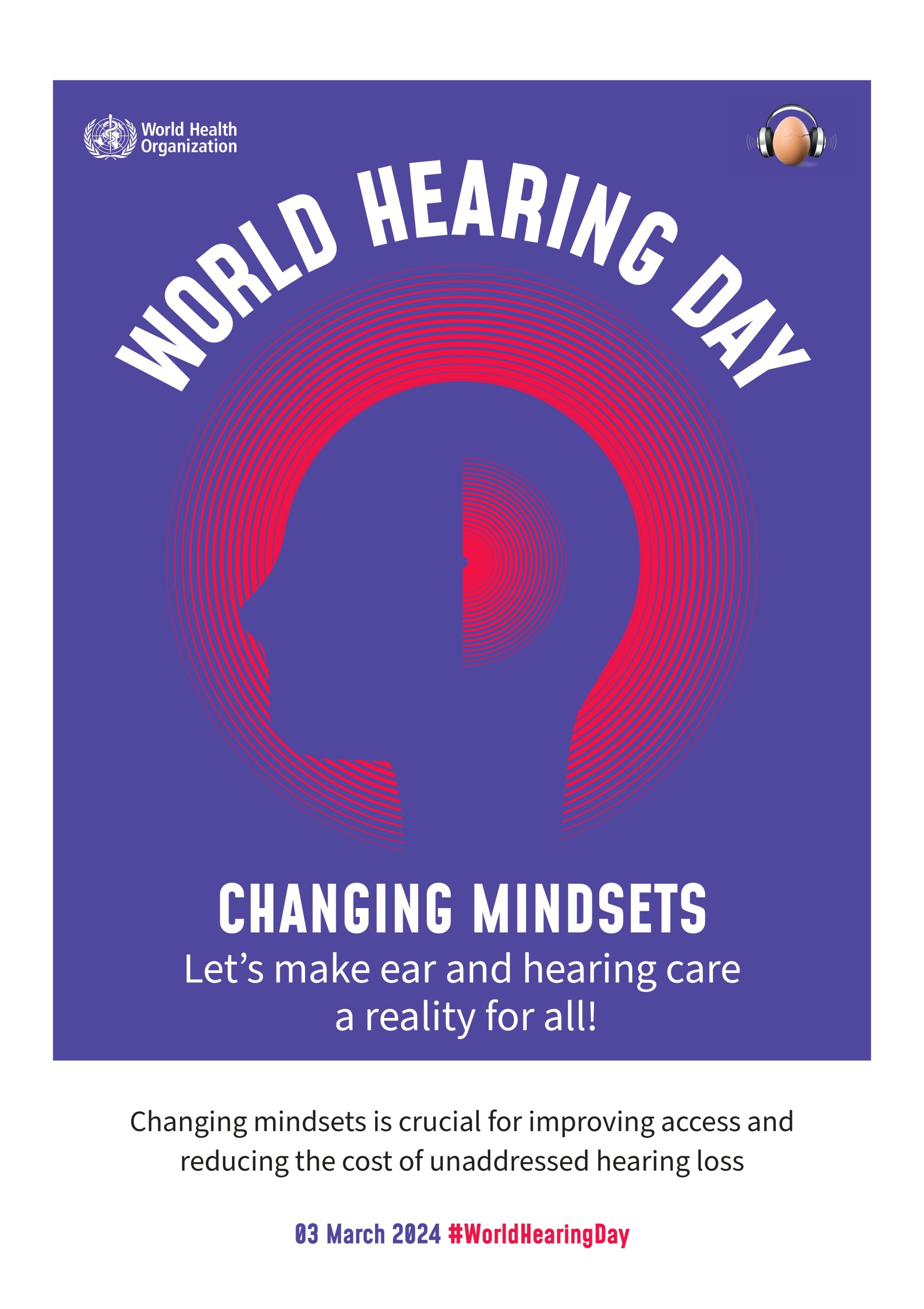
World Hearing Day 2024 will focus on raising awareness about how to overcome the challenges posed by lack of knowledge about ear and hearing disorders among the public and health care providers. One of the key messages that will be focused on World Hearing Day is the fact that unaddressed hearing loss is estimated to lead an annual cost of nearly 1 trillion US dollars globally. Unaddressed hearing loss has many implications comprising: (1) increased risk of “loneliness” among hearing impaired individuals; (2) failure to communicate adequately may adversely affect the individual’s occupational, educational, leisure, and social activities; (3) partners and family of the hard of hearing individual may experience activity limitation and participation restriction as a result of their partner’s communication difficulties; (4) people with unaddressed hearing impairment may not benefit from the learning and reorganization of the auditory cortex associated with consistent hearing-aid use, and (5) in order to compensate for their lack of hearing, people need to increase their attention, concentration and “listening effort” making them more susceptible to mental fatigue in demanding listening situations.
Over the last decade, researchers at Hashir International Institute have studied various forms of aural rehabilitation that have been designed to support individuals with hearing impairment. Aural rehabilitation programmes often provide education on hearing loss and hearing aid use, teaching various communication strategies as well as providing emotional support through sharing experiences with peers or professionals. Research shows that aural rehabilitation reduces self-reported hearing handicap and can lead to more use of communication skills.
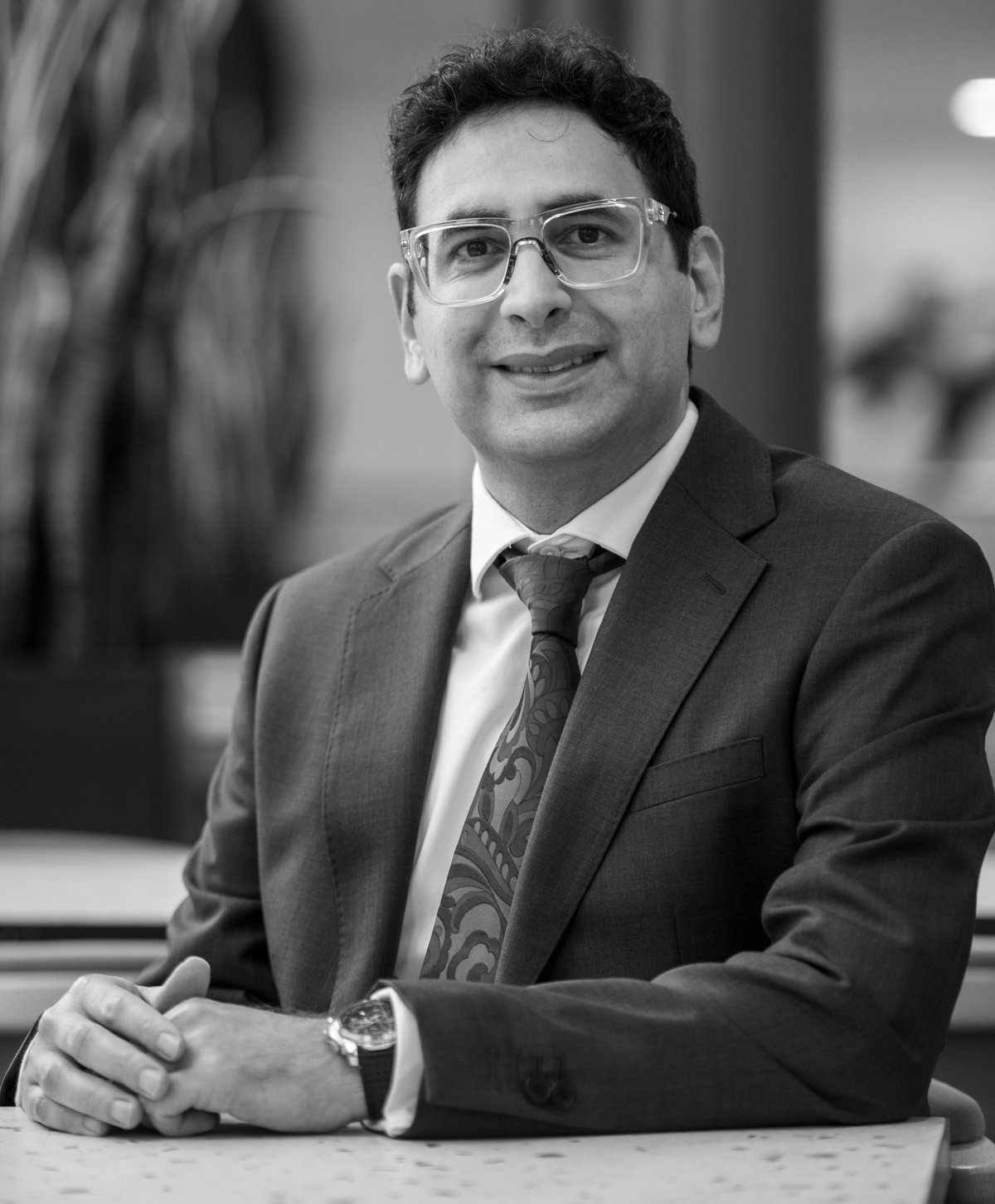
Our Director, Dr Hashir Aazh said:
” From over two decades of my hearing research, I certainly recall that many patients described that gaining more information about their hearing impairment and amplification encouraged them to use their hearing aids more consistently. Some people felt that they were not given enough information at their original NHS fitting session. This is consistent with WHO’s goal in this world Hearing Day 2024 to raise awareness about implications of hearing loss and its treatment among members of public and healthcare providers.”
A patient at Hashir International Institute adds:
“Talking to an audiologist helped me to understand that my brain needs to get used to having hearing aids communicating with it, I think that’s something I didn’t realise before. And the more you use the hearing aids, the more your brain gets used to it and I’m sure if anybody had said that to me before, I might have taken more notice.”
Raising awareness and education is a key contributing factor to promoting hearing care. Problems with the lack of information and education for patients is common in healthcare systems in most countries. When healthcare provider is poor in building rapport, empathy, information sharing and communication it leads to patient’s dissatisfaction and non-adherence to the advice of the clinician. On a positive note, research studies shown that patient’s adherence to treatment is related to having empathetic and informative discussions with their healthcare provider. To learn more about ear and hearing educational materials and the 2024 world Hearing Day visit: https://www.who.int/campaigns/world-hearing-day/2024
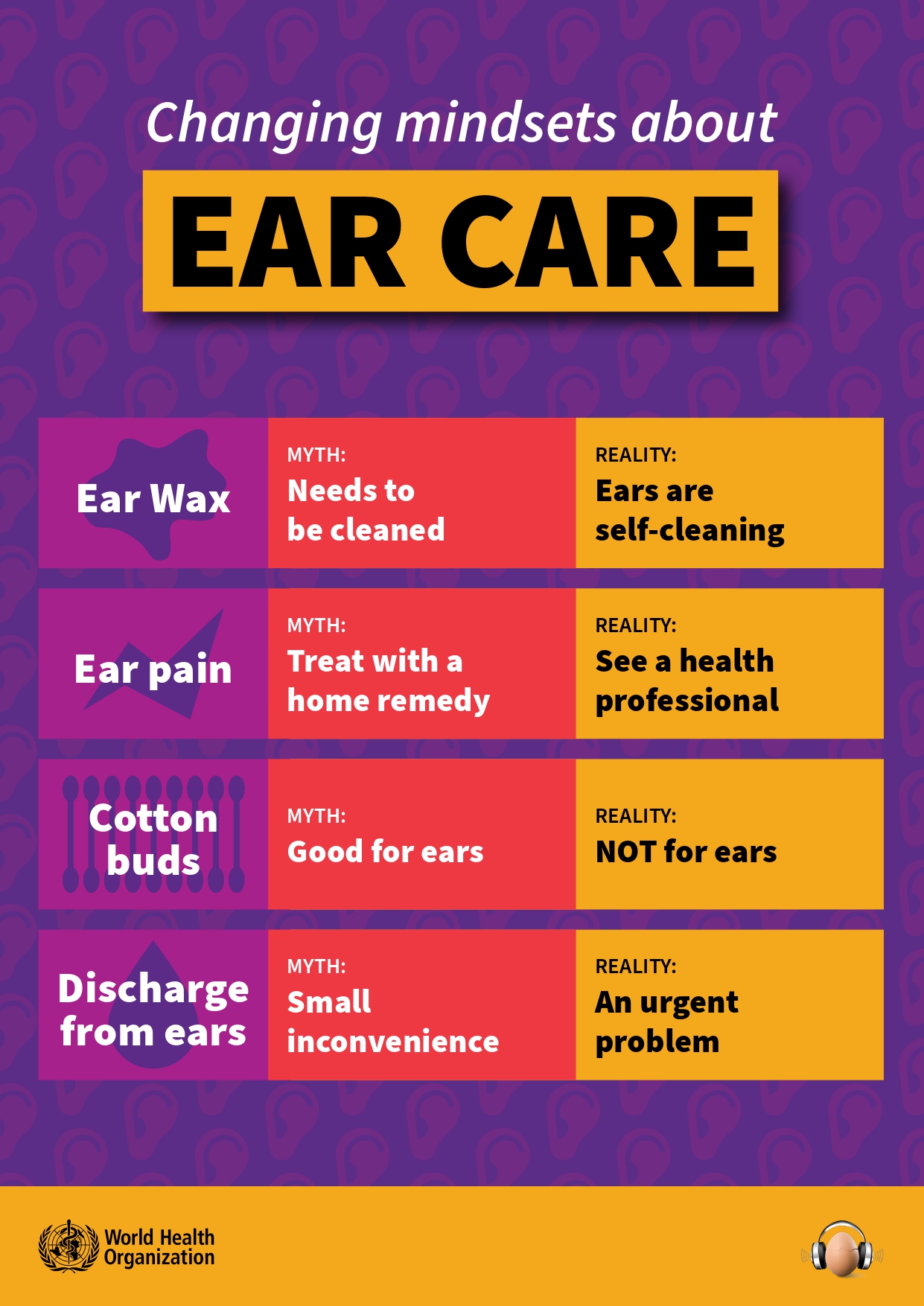
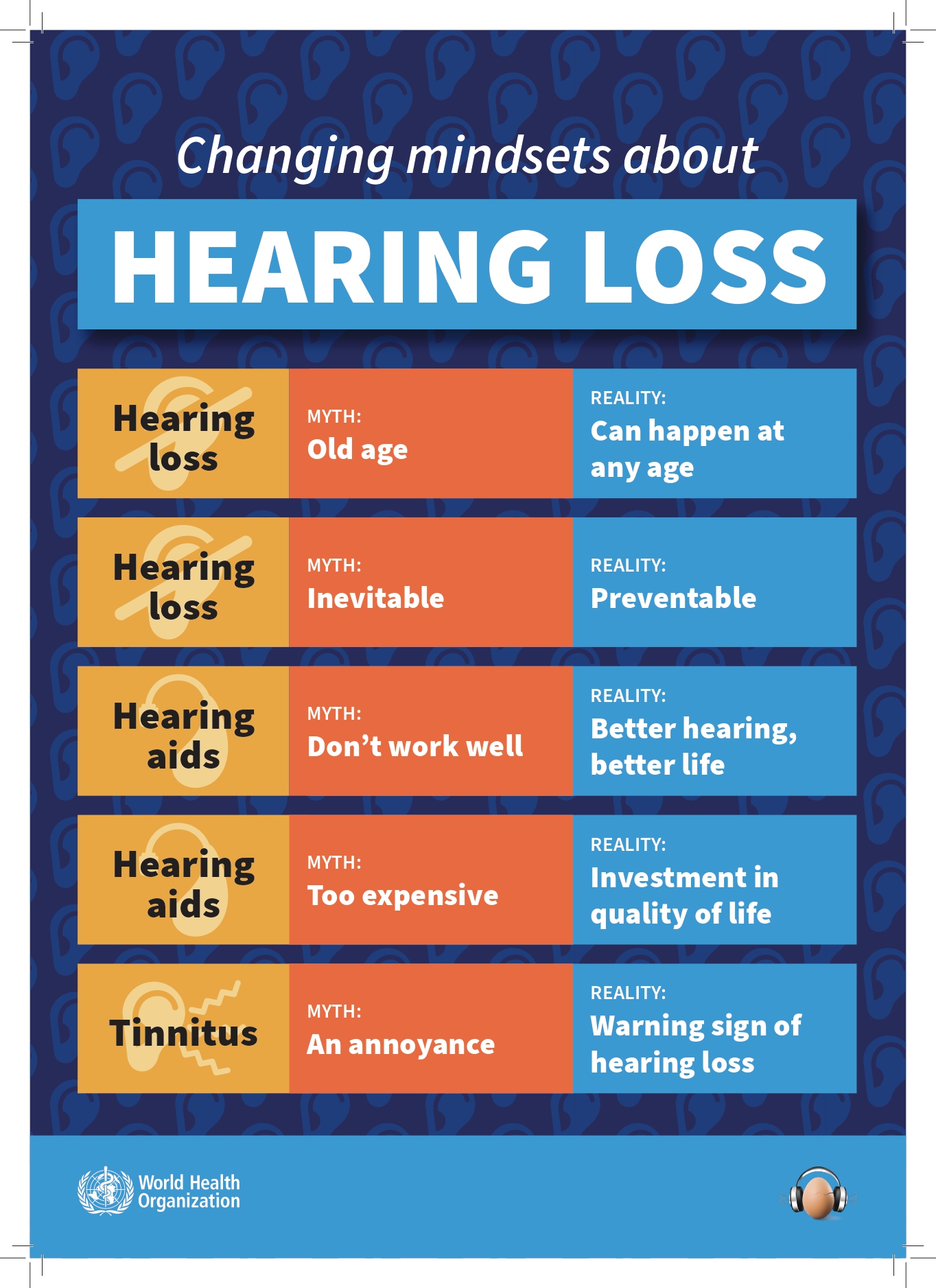
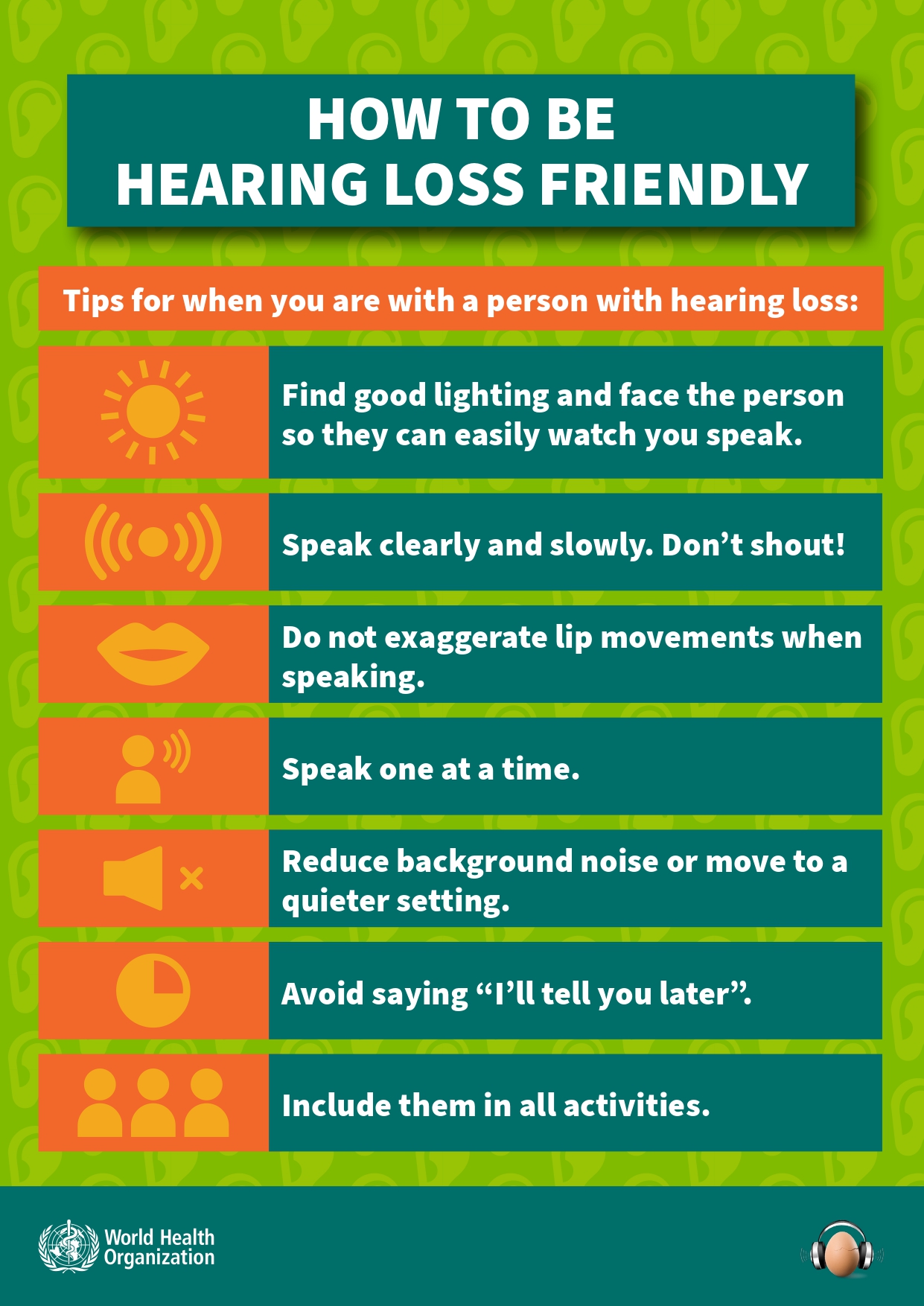
For further information, please contact:
Hashir International Institute, 167-169 Great Portland Street, 5th Floor, London, W1W 5PF
Hashir International Institute, 54 Quarry Street, Guildford. GU1 3UA
admin@hashirtinnitusclinic.com
About Hashir International:
Hashir International is an independent research institute and treatment centre dedicated to improving the diagnostic process and rehabilitation programs for patients experiencing misophonia, tinnitus and hyperacusis. They offer specialist training courses, ethical review of research proposals, research design, research sponsorship, and supervising MSc and PhD students.